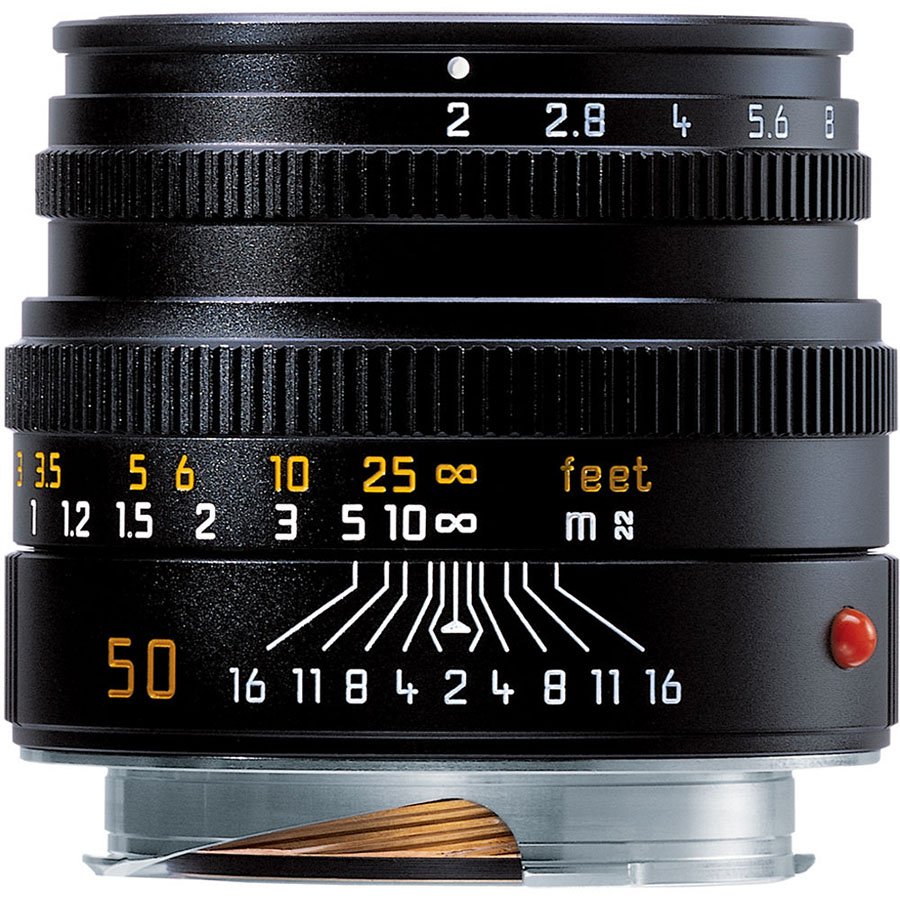One of the favorite Summicron lens of many photographers
| Reasons to buy | Cons |
|---|---|
| + Compact (Even more compared to DSLR 50s) + Beloved focal length + Fast lens | – None |
50mm is probably one of the most beloved focal lengths for many Leica photographers. There’s a good reason why, it’s an easy lens to use unlike wider lenses. And it’s a stunningly sharp lens too with dreamy Bokeh.
When it comes to image quality, speed, weight, size you can’t really beat it. It’s really made for portraits and those really pop out of the frame because of the micro contrast and Bokeh.
You can use this Summicron at any aperture without any loss of details, but you probably want to shoot it wide open at f/2. You are not losing much either compared to the Summilux, that one stop of light is negiligible (except maybe at night) when it comes to Bokeh. It’s actually probably a tad sharper.
It is to many simply the best lens they’ve ever owned. If 35mm is too wide for you, this is the one to get. Leica themselves even claims it is “The sharpest of all standard lenses” with sharpness corner to corner. When you shoot one, you’d agree too.
Technical data
If you are looking for more in depth information about the 50mm, this is below
Specifications
| Information | Value |
|---|---|
| Angle of view (diagonal, horizontal, vertical) | 47° / 40° / 27° |
| Number of lenses/groups: | 8 / 5 |
| Focal length | 50mm |
| Position of entrance pupil: | 24.4mm |
| Focusing range | 0.7m – infinity |
| Scales | Combined meter/graduation |
| Smallest object field: | 271 x 407 mm |
| Largest reproduction ratio: | 1:11.3 |
| Setting/Function | Manual / Click-stops / half stops |
| Lowest value | 16 |
| Bayonet | M |
| Filter | E39 |
| Lens hood | Built-in, extend by rotating |
| Length | 47mm |
| Largest diameter | 53 mm |
| Weight | 300 g |
Lens design
Here’s how the lens is designed. The aspherical element is in the front with the floating elements relegated to the back.
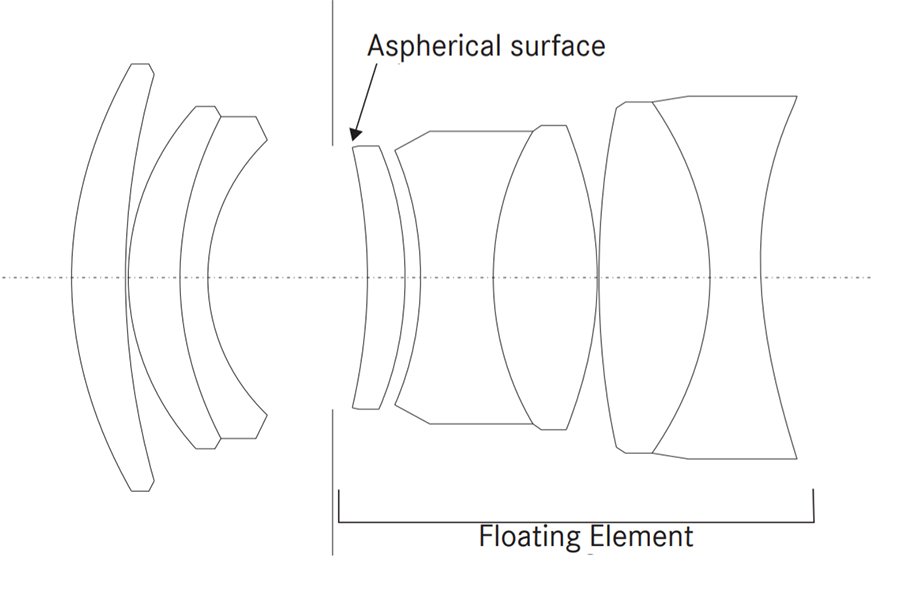
MTF Charts
Lastly here’s the MTF Charts for this wonderful piece of glass. If you compare them to other Leica lenses you can see that it offers contrast that hovers around 80% always.

Image Samples
The image samples for the Summicron are below, from various scenarios.

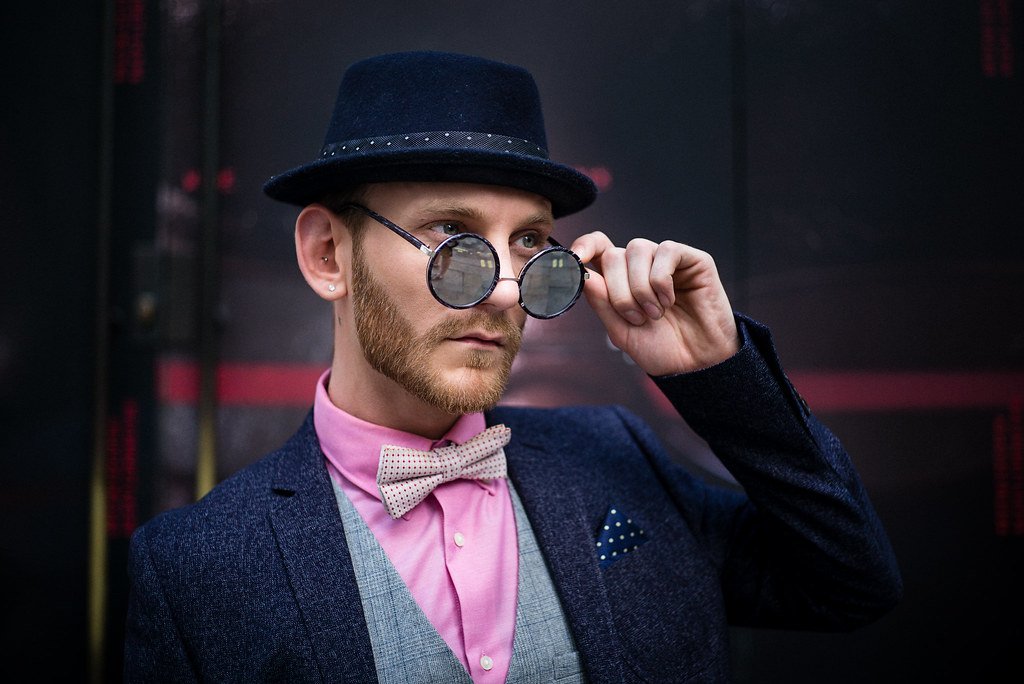
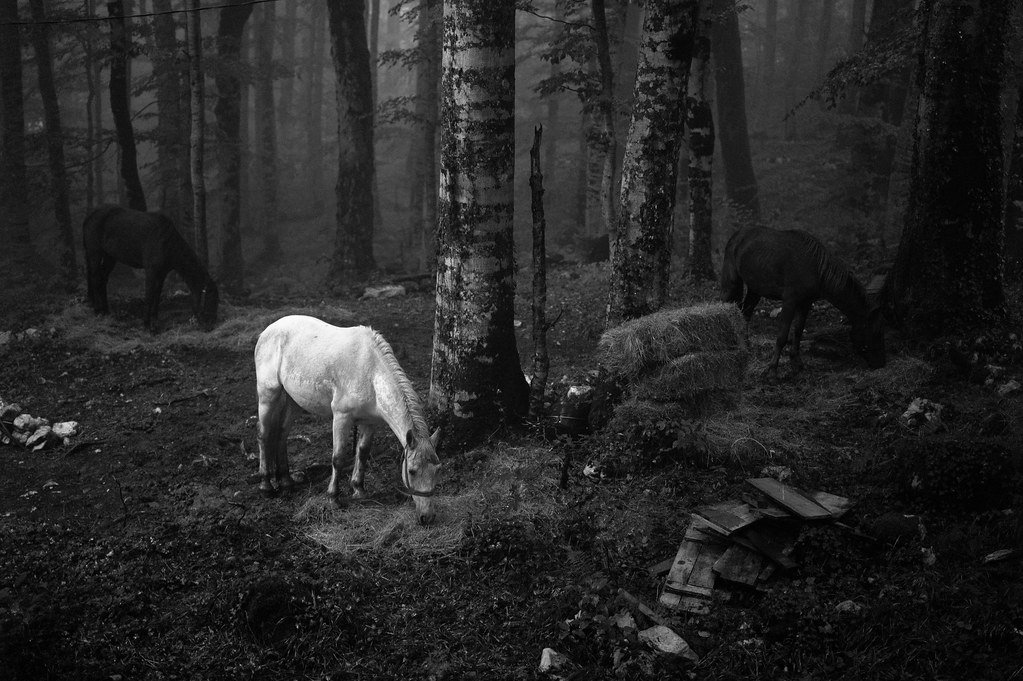
Using the Summicron 50mm f/2
Here’s how the lens will perform in different scenarios, and a few comments about them
Landscape photography
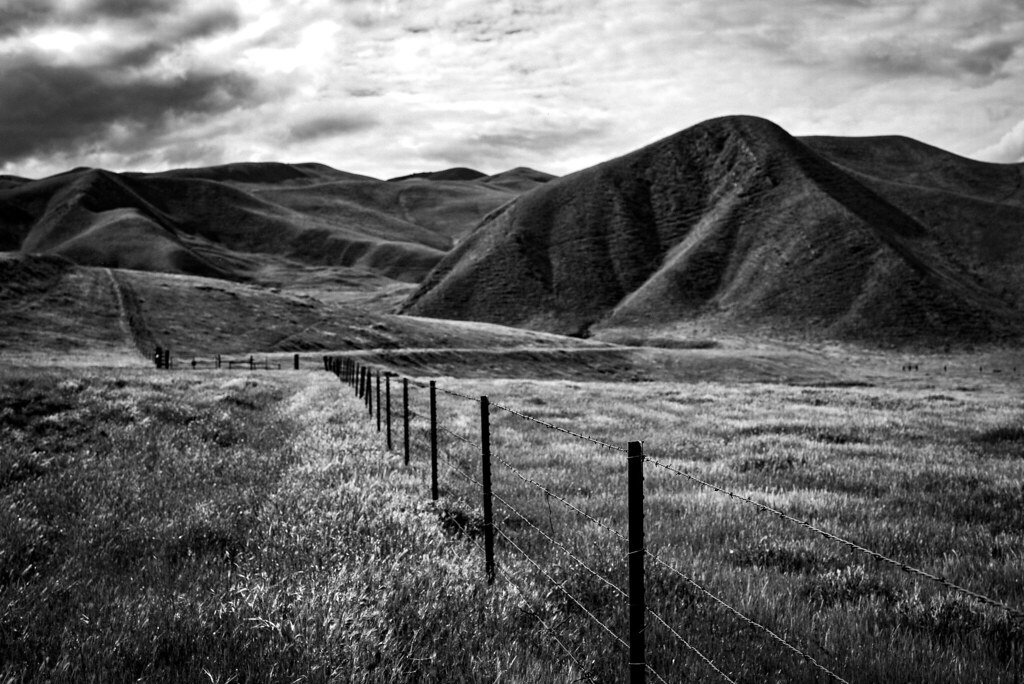

Landscapes are usually done at ultra or wide angles, but the 50mm can offer you two things. First is a more intimate landscape shot that does’nt rely on optics as much as wide angles rely on stretching the space in the image.
The flipside of this is the details really pop if you are shooting trees or a mountain range. The other benefit is that fast aperture that makes it possible to shoot when the light starts dropping.
Street photography
The focal length of choice for street photography is either 35mm or the even wider 28mm but 50mm really offers some advantages too. First is, you do not need to get too close to your subject and they can be more intimate photographs.
Second is that fast aperture, good for when there is light or none, but in streetscapes you can really feel how the Bokeh offers a special look. See for yourself below:
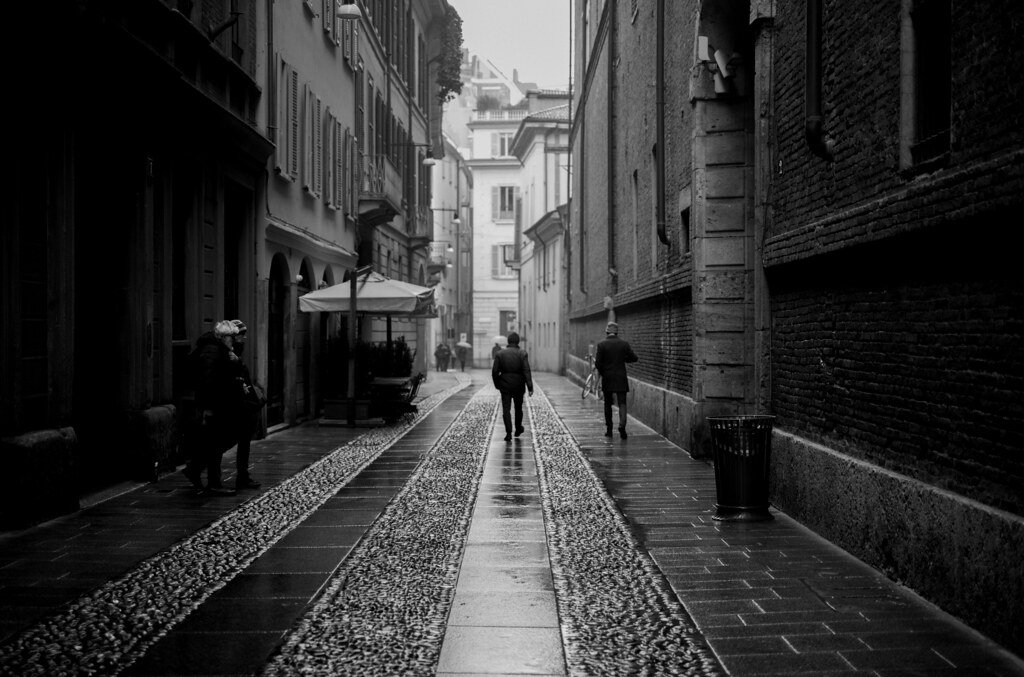
The foreground is sharp and everything starts blurring into the background. Speaking of which the fast apertures really allow you to get some stunning shots where the subject pops out of the frame like below.

At about 300g the lens really is light and won’t weigh too much if you are out in the streets for hours.
Travel photography
While the 50mm won’t be able to do sweeping vistas of the places you will visit, just like all of the genres above what you get are more intimate images with everything appearing more familiar, closer and razor sharp.


The fast apertures allow for night shooting but really separating your subject from the crowd.
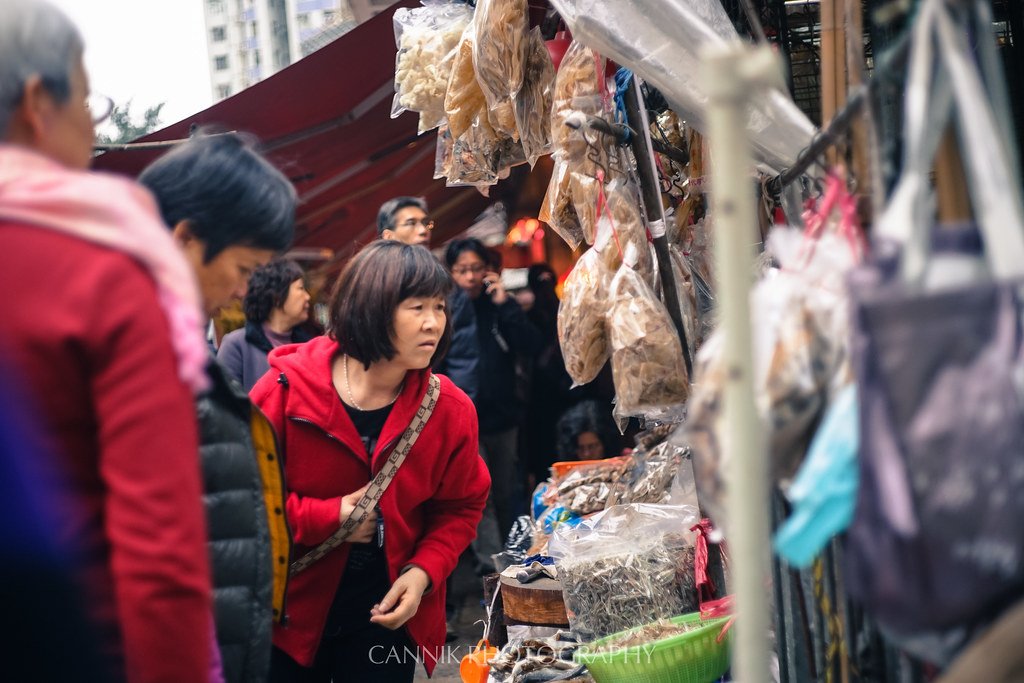
Portrait photography
This is where this lens REALLY shines, portraits! Sure most people like the 75mm or 100mm, but these are SO telephoto they make it hard to do other genres. The 50mm is the final focal length where you can do everything well, as the 75mm and 100 start to be quite specific.

With the closest focus being 0.7 meters you can get really close and due to the focal length and speed you can get some amazing Bokeh like you see below:
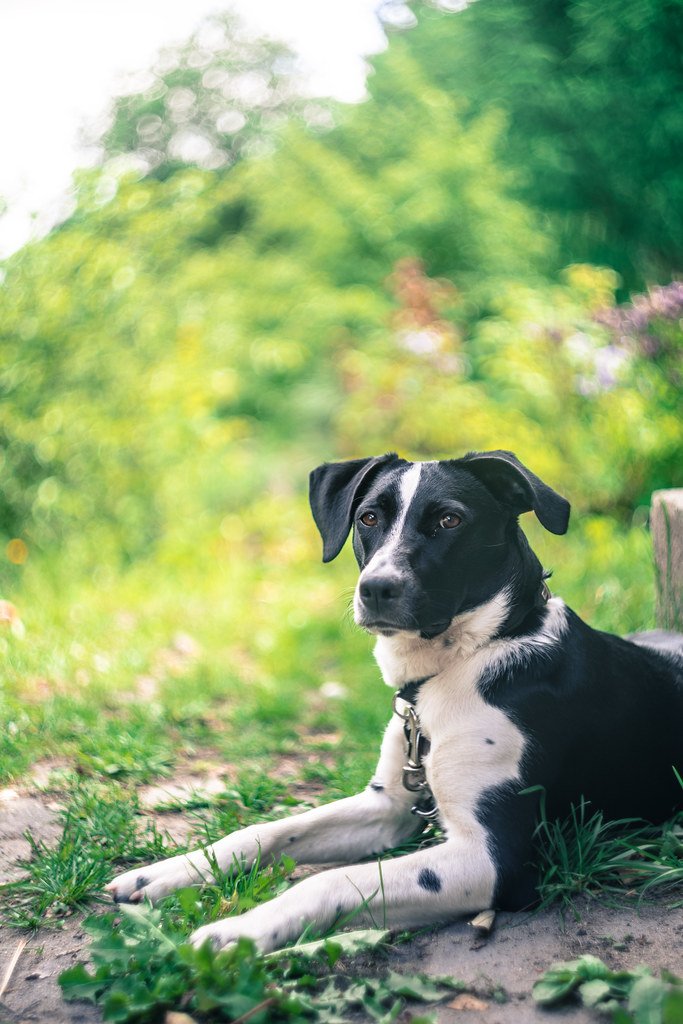
This lens is a monster for portraits and pretty much anything you throw at it.
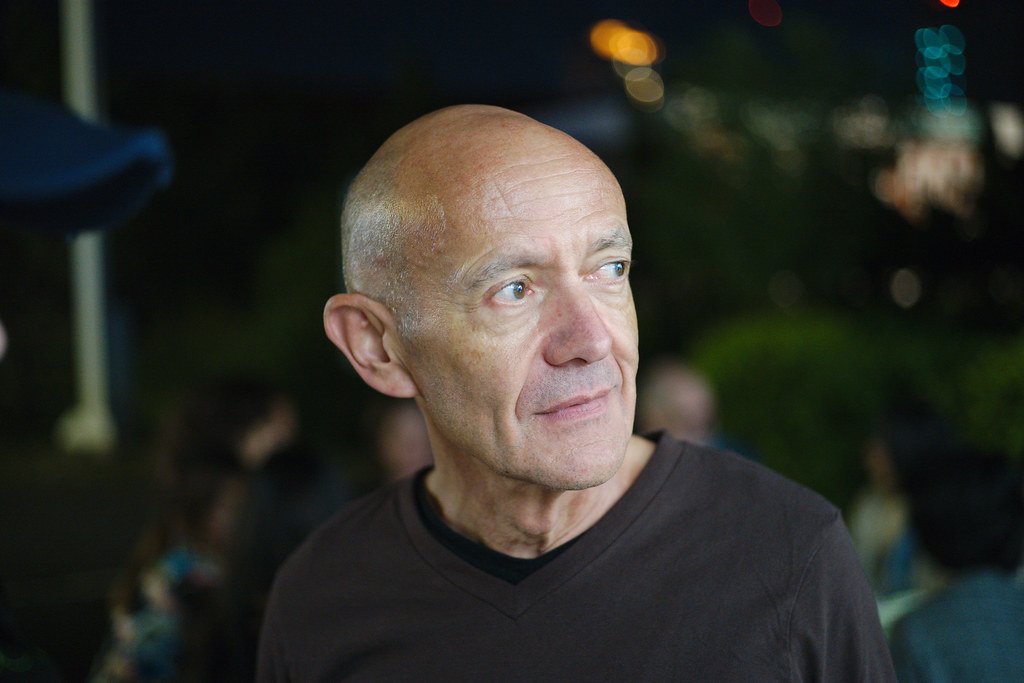
Architecture photography
While you can do architecture photography with the 50, a wider lens is recommended because at that length you are missing a lot of the surrounding of the buildings. On the flip side, there is very little distortion and perfect for abstracts architecture shots.


Credits
More about Summicron series:
Leica lenses > Summicron lenses > 28 mm – 35mm – 50mm – 75mm – 90mm
